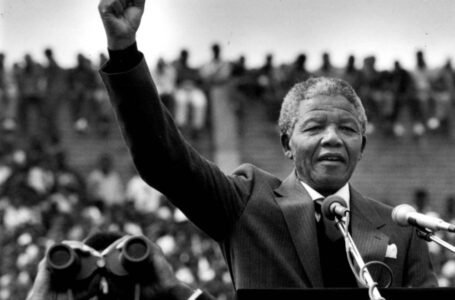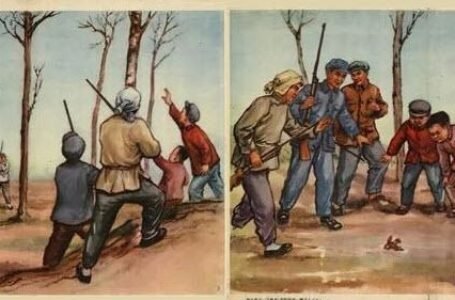Mahadevi Verma: A Majestic Poet and a Rebellious Feminist
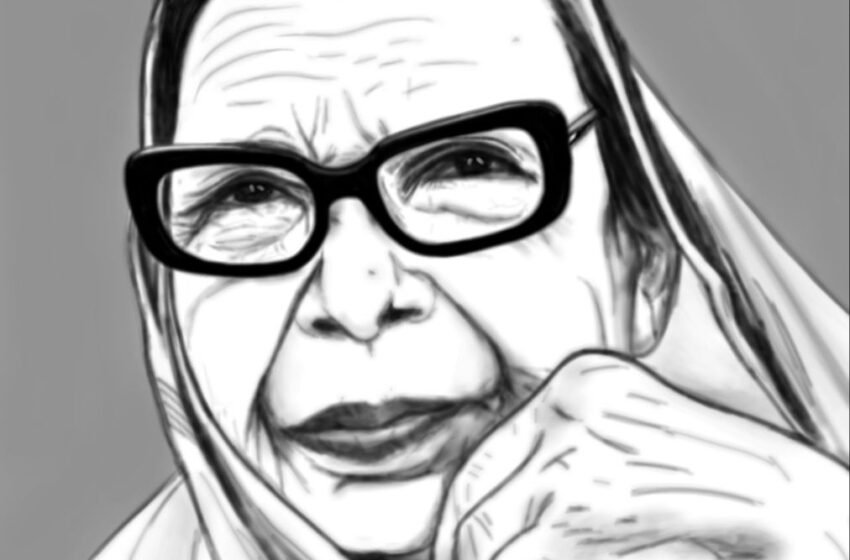
Often called as the ‘Meera of Modern Times’ Mahadevi Verma is one of the four prominent pillars of Chhayawadi era of Hindi literature. Who doesn’t know Mahadevi Verma? We all have grown up reading stories about her pets like Gillu – the squirrel, Neelkanth – the peacock, Sona – the deer, Gaura – the cow, and many more. Mahadevi Verma is a glistening light of Hindi literature. She has embellished it with her magnificent poems, enthralling short stories, and thought-provoking essays.
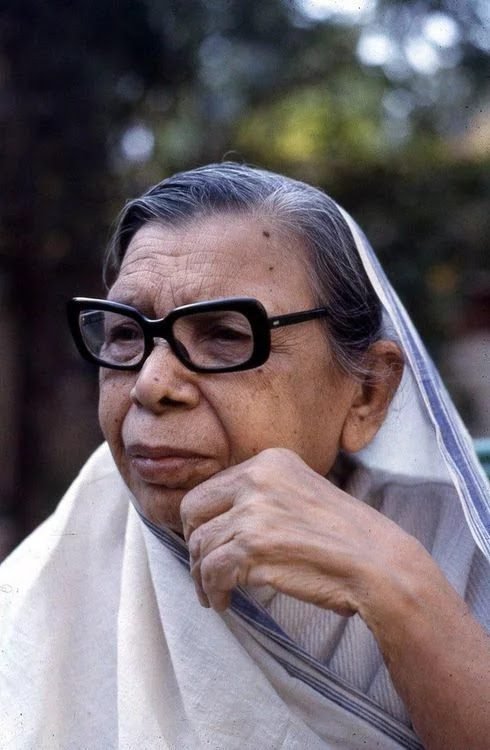
Like Munshi Premchand, Mahadevi Verma has also addressed many critical issues through her poems and stories. She was a staunch feminist who ardently advocated for equal women rights through her works. The life and invaluable works of Mahadevi Verma are truly a source of inspiration for everyone.
History
Mahadevi Verma was born to Govind Prasad Verma and Hem Rani Devi on 26 March, 1907 in Farrukhabad, Uttar Pradesh. Her mother, Hem Rani Devi, was a simple, pious, vegetarian woman whereas her father Govind Prasad Verma an atheist and a professor of English.
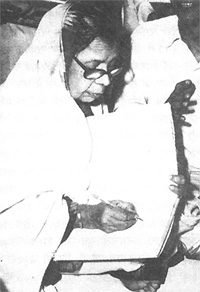
Mahadevi Verma had a good friendship with her contemporaries Sumitranandan Pant and Suryakant Tripathi Nirala. It is said that she tied rakhi to Suryakant Tripathi Nirala for forty years. Mahadevi Verma pursued her education from Crosthwaite Girls College at Allahabad. The interesting thing is that another famous poet Subhadra Kumari Chauhan was her senior in the same college. Subhadra and Mahadevi became close friends on finding out their common interest for poetry. They spent most of their time together, sitting under a tree, and writing poems.
While others used to play outside, me and Subhadra used to sit on a tree and let our creative thoughts flow together…She used to write in Khariboli, and soon I also started to write in Khariboli…this way, we used to write one or two poems a day… Mahadevi Verma wrote in Smriti Chitra.
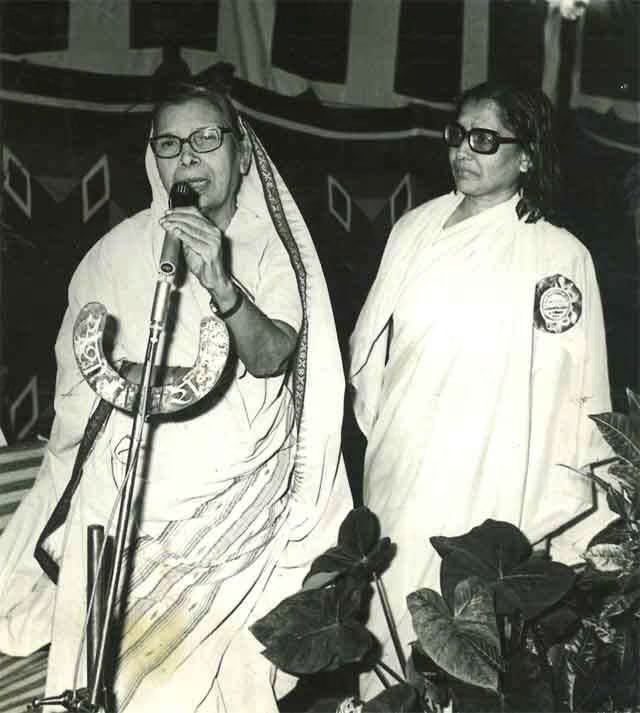
Both Subhadra Kumari Chauhan and Mahadevi Verma would attend poetry seminars together, send poems for publications in weekly magazines, and review each other’s poems. This precious friendship and comradery intensified her interest in poetry.
Following the societal custom Mahadevi Verma was married at a tender age of nine to Swarup Narain Verma however she stayed with her parents only till her graduation. In her childhood biography ‘Mere Bachpan Ke Din’ Mahadevi has extended her gratitude to her parents and grandparents for being liberal enough to let her complete her education and stay with them till graduation. Educating a girl child was not a rampant phenomenon back then yet Mahadevi’s liberal and civilised family educated her. Mahadevi gives the credit for rousing her interest in poetry to her mother who was quite fluent in Sanskrit and Hindi and acted as her muse for writing poems.
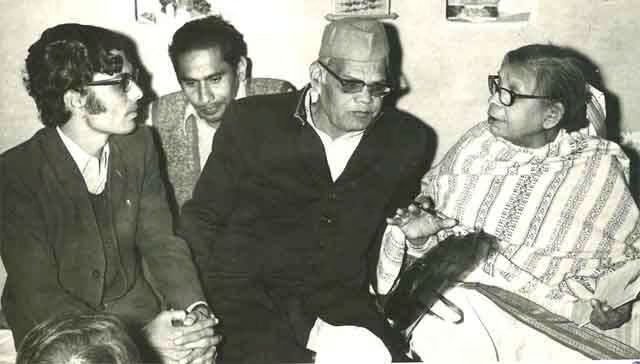
Mahadevi Verma refused to go and live with her husband Swarup Narain Verma after completing her graduation in 1929. She wanted to remain single and embrace the life of an ascetic. It is said that she even tried convincing her husband to re-marry. This decision of Mahadevi Verma was a bold one shattering all the orthodox and conservative beliefs and norms of the society. Her parents got her back supporting her decision.
Breaking all the clutches of society Mahadevi Verma went for higher studies. She pursued master’s in Sanskrit and became the principal of Prayag Mahila Vidyapeeth. She was a staunch feminist and contributed a lot to the development of Prayag Mahila Vidyapeeth with her insights. She established a literary parliament in Allahabad and took the responsibility of publication becoming the editor. She also worked extensively towards bringing women in poetry and laid the foundation of women’s poets’ conferences in India.
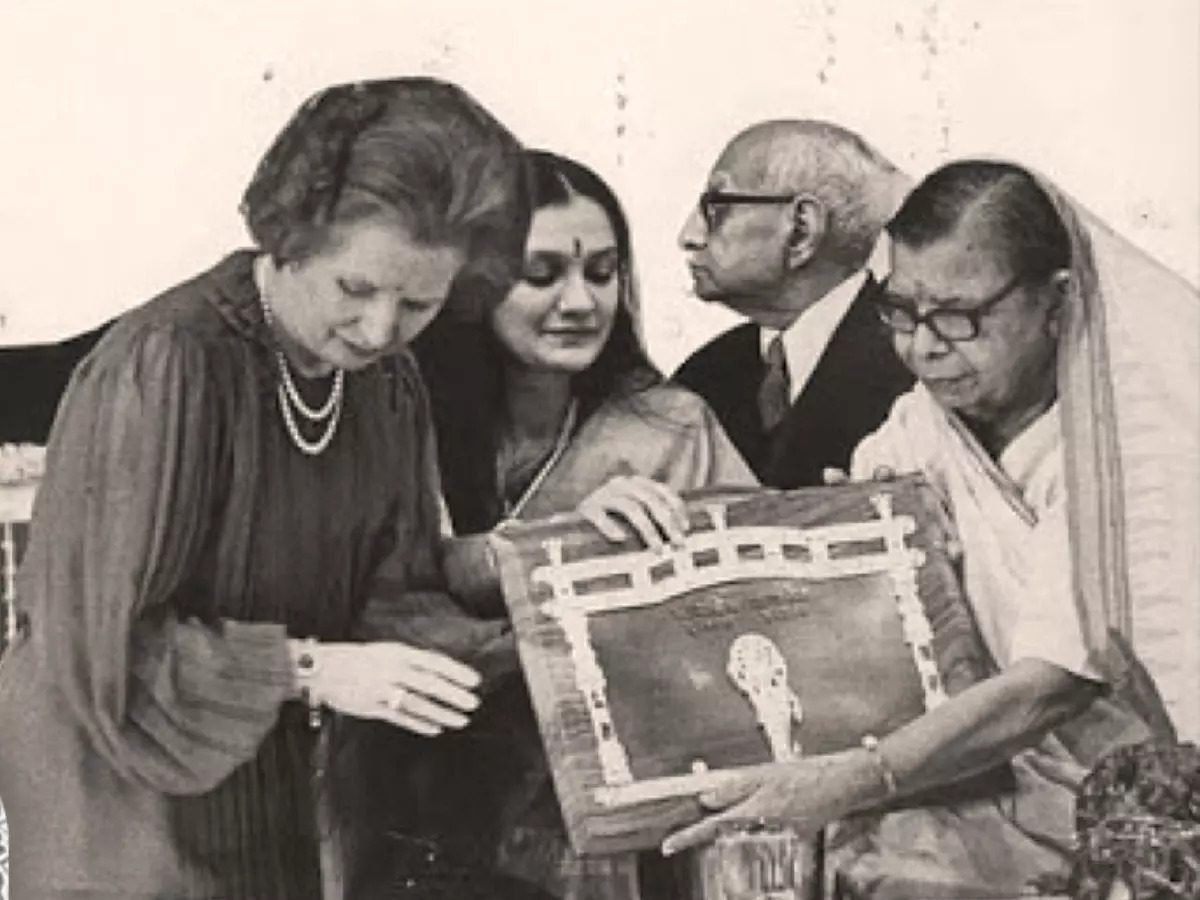
Mahadevi Verma was not only an exceptional poet and writer but also an ardent patriot. She is one of the few poets who have seen India before independence as well as India after independence. She was greatly influenced by Mahatma Gandhi and participated in the national freedom struggle. Mahadevi Verma also worked selflessly for women’s education and financial independency.
Literature
Unfortunately, Mahadevi Verma’s feminist side is often overshadowed by her majestic poems. She is often remembered and celebrated as a great poet and an animal lover but very few people pay attention on her feminist literature and her rebellious life. Mahadevi Verma has compared marriage to slavery in her book ‘Hindu Stree Ka Patnitva’. Her social poetry ‘Cha’ delves into the theme of female sexuality. Her short story ‘Biblia’ discusses women’s physical and mental abuse. The poem Cha goes like this:
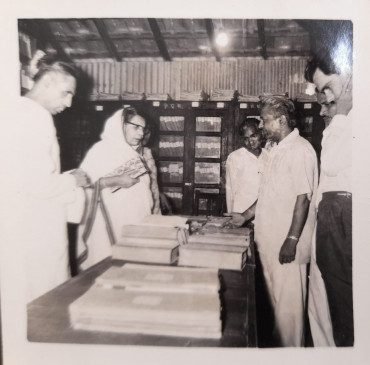
चाहता है यह पागल प्यार,
अनोखा एक नया संसार!
कलियों के उच्छवास शून्य में तानें एक वितान,
तुहिन-कणों पर मृदु कंपन से सेज बिछा दें गान;
जहां सपने हों पहरेदार,
अनोखा एक नया संसार !
करते हों आलोक जहां बुझ बुझ कर कोमल प्राण,
जलने में विश्राम जहां मिटने में हों निर्वाण;
वेदना मधु मदिरा की धार,
अनोखा एक नया संसार !
मिल जावे उस पार क्षितिज के सीमा सीमाहीन,
गर्वीले नक्षत्र धरा पर लोटें होकर दीन !
उदधि हो नभ का शयनगार,
अनोखा एक नया संसार !
जीवन की अनुभूति तुला पर अरमानों से तोल,
यह अबोध मन मूक व्यथा से ले पागलपन मोल !
करें दृग आँसू का व्यापार,
अनोखा एक नया संसार !

Mahadevi Verma stepped into the world of literature with her first poem collection Nihar which was published in 1930. Some of the famous poems of Mahadevi Verma are:
- Rashmi (1932)
- Neerja (1933)
- Sandhyageet (1935)
- Yama (1939)
- Deepshikha (1942)
- Agni Rekha (1988)
Mahadevi Verma popularised Khadi Boli through her poems. The softness and compassion in her poems are unparalleled.
Novel
Besides poems and short stories Mahadevi Verma has also written 18 novels. Some of her popular novels are:
- Mera Parivar
- Path Ke Sathi
- Srinkhala Ki Kadiyan
- Atit Ke Chalachrit
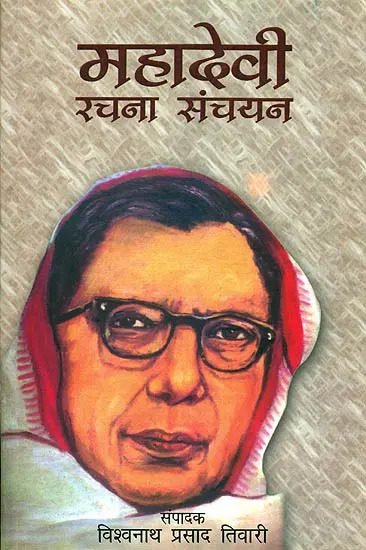
Achievement
The notable achievements of ‘Modern Meera’ Mahadevi Verma are:
- Mahadevi Verma was bestowed upon with Padma Bhushan award in 1956.
- She was awarded Sahitya Akademi Fellowship named after Munshi Premchand in 1979.
- She earned Jnanpith Award in 1982 for her poetry collection Yama.
- In 1988 she was honoured with Padma Vibhushan.
- Mahadevi Verma was also the editor of famous women’s magazine called Chand.
- Her memoir ‘Who Chini Bhai’ was adapted into a Bengali movie by Mrinal Sen.
- The Postal Department of Government of India had issued a double stamp of Rs. 2 in her honour on Hindi Diwas on 14th September 1991.
- Mahadevi Verma was invited as the chief guest at the third world Hindi conference in 1983 in Delhi.

Legacy
After spending most part of her life in Allahabad working for women and writing poems and stories the ‘Modern Meera’ left this mortal world on 11 September, 1987. Mahadevi Verma passed but her soul is still present in her literature. It resonates her notions, perspectives, and her understanding of this world.
Mahadevi Verma was the epitome of feminism. She indeed is a ‘Modern Meera’, for just like Meerabai she went against the society to preach her poetry and lead a life of an ascetic. Mahadevi Verma is truly an inspiration for all the women out there. She studied at a time when women were not even allowed to step out of the house. Yet, she not only pursued higher education but also became one of the greatest writers of India.

